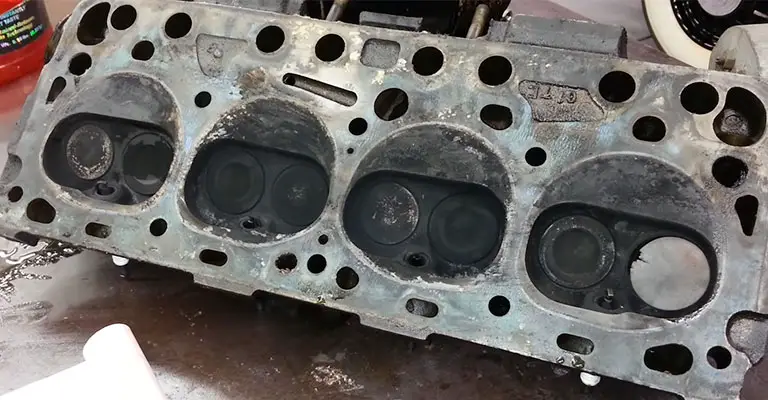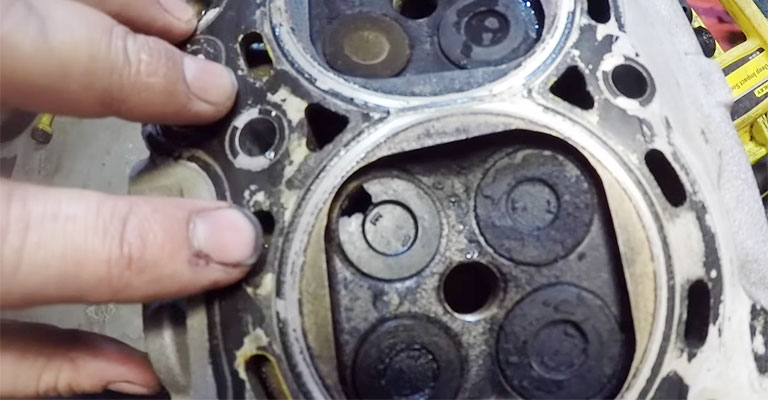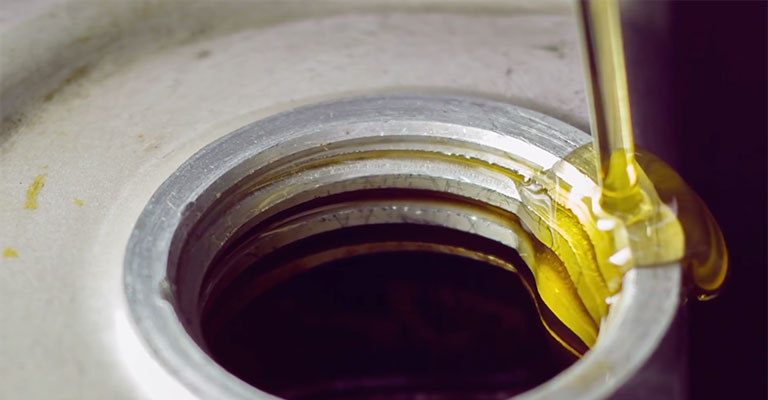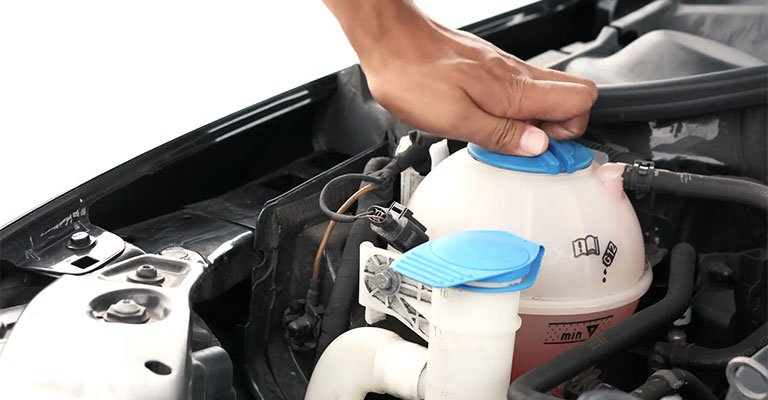A burnt engine valve is caused by a lack of oil lubrication, which causes heat and friction. Numerous things, such as a filthy oil filter, low oil levels, or an oil pump problem, might contribute to this. A burnt valve can seriously harm an engine and possibly result in total failure if not attended to.
Any gas, diesel, or hybrid automobile or truck engine can develop a burnt valve. If you don’t notice a burnt valve, you may have to replace your car’s head or engine. Knowing what causes burnt engine valves is important for your safety and others on the road.

Burnt valve
An internal combustion engine’s valves can become damaged by a condition known as a burnt valve. The valves are in charge of regulating the flow of fuel and air into the cylinders. A burnt valve can cause engine harm because it is unable to manage the flow of fuel and air as it should.
Reasons
There are numerous causes of burnt valves. When the engine overheats and the valves become too hot, that is the most frequent cause. This may occur if the cooling system is malfunctioning or the engine is being overworked. Other factors include incorrect oil being used, running out of oil too soon, or using poor-quality fuel.
Signs of a burned valve

Your engine may operate poorly as a result of a burned valve. Your engine could run hot, or you might experience a decrease in power. You might see smoke coming from your exhaust or your check engine light might turn on. It’s critical to have a burnt valve repaired as soon as possible.
Preventive advice
Valves let internal combustion engines work smoothly. Valves allow air and fuel to enter cylinders and discharge exhaust gases. Burned valves might create engine issues. Tips to avoid burnt valves:
Clean up your engine
The valves may heat up if dirt and grime accumulate on them over time.
Maintain regular oil changes

By lubricating the valve lifters, the oil helps to lessen friction and wear on the valves themselves.
Maintain regular car maintenance
This will ensure that any loose or damaged components are fixed right away before they start wearing down other engine components.
Whenever feasible, use synthetic motor oil
Synthetics will increase the lifespan of the valves in your car because they don’t degrade as quickly as ordinary oils do.
Don’t start your vehicle on empty
By depriving the engine of gasoline, may cause it to lose power and put more strain on its valves.
Regularly check your coolant levels

To keep temperatures under control, make sure you have enough coolant.
Common reasons why engine valves burn out
Here are a few typical reasons why engine valves burn out.
Heating up the engine too much
Metal parts expand when an engine overheats. The valves may bend as a result and get caught in their seats. If the engine is not promptly cooled down, the valves may fuse to the seats and sustain significant harm.
Inadequate lubrication using oil

Lack of oil lubrication is one of the most frequent reasons for burnt valves. Valve stems can overheat and burn if not lubricated properly. Low oil levels, filthy oil, or an issue with the oil pump can all contribute to this. Check your oil level and quality as soon as you detect your engine running hotter than usual.
Sporadic oil changes
Infrequent oil changes are one of the main reasons for a burnt valve. If you don’t replace your oil frequently, it degrades and turns into sludge. Your engine could become clogged with this gunk, overheat, and possibly damage the valves.
Using the incorrect kind of oil
The use of incorrect oil is one of the most frequent reasons for a burnt valve. You should use oil that is specifically made for your engine; if you’re unsure which kind to use, check your owner’s manual or talk to a mechanic. Your engine could overheat if you use the incorrect oil, which could result in a burnt valve.
Seals on leaking valves
Oil can flow past your engine’s valve seals and into the combustion chamber when they begin to leak. Your valves will begin to become oil-covered if this occurs. The valves will eventually become damaged due to overheating as a result of this. Your engine may suffer further harm if you keep driving with a burnt valve, and it could finally stop working altogether.
Leakage of exhaust gas into the intake manifold
The most frequent reason for a burnt valve is intake manifold leakage of exhaust gas. When the valves are not closing properly or the piston rings are worn out, this can occur. This can result in the hot exhaust gas igniting the air-fuel combination in the intake manifold, which can backfire on the engine.
Damaged or worn valves
Valve wear or damage can accumulate over time. Numerous factors, such as typical wear and tear, deposits on the valve, or improper valve timing, may be to blame for this. When a valve is damaged, the engine may run less effectively, which could eventually result in a burnt valve.
FAQ
When should engine valves be replaced?
Ans: Engine valves should be replaced every 80,000 to 100,000 miles, according to the majority of mechanics. However, you might need to replace them sooner if you often drive in stop-and-go traffic or tow big loads.
How long does the engine valve last?
Ans: An essential component of the engine, the engine valve requires routine replacement. An engine valve typically lasts for roughly 100,000 kilometers. However, if you don’t properly maintain your engine, the valve may begin to deteriorate earlier.
How hard is it to replace a valve?
Ans: Although changing a valve is not a difficult task, it can take some time. Making sure the replacement valve is the appropriate size and form is the most crucial step in replacing a valve. The new valve won’t fit properly and could lead to issues if it is the wrong size. Once the new valve is installed, the old one must be taken out. Either unscrew it or pry it out using a tool to accomplish this.
Will seafoam help a burnt valve?
Ans: An engine failure due to a burnt valve is a major problem. A burnt valve cannot be fixed with seafoam. Maintaining your engine and keeping it clean on a regular basis will help you avoid burnt valves. The best course of action if you do end up with a burnt valve is to take your automobile to a mechanic and have them fix it.
Last words
Numerous factors can lead to burned valves, but inadequate lubrication is the most frequent culprit. This may occur if the oil is unclean or old, or if the amount is low. Checking your oil level frequently and changing your oil as directed by the manufacturer are the best ways to avoid burnt valves.
Leave a Reply